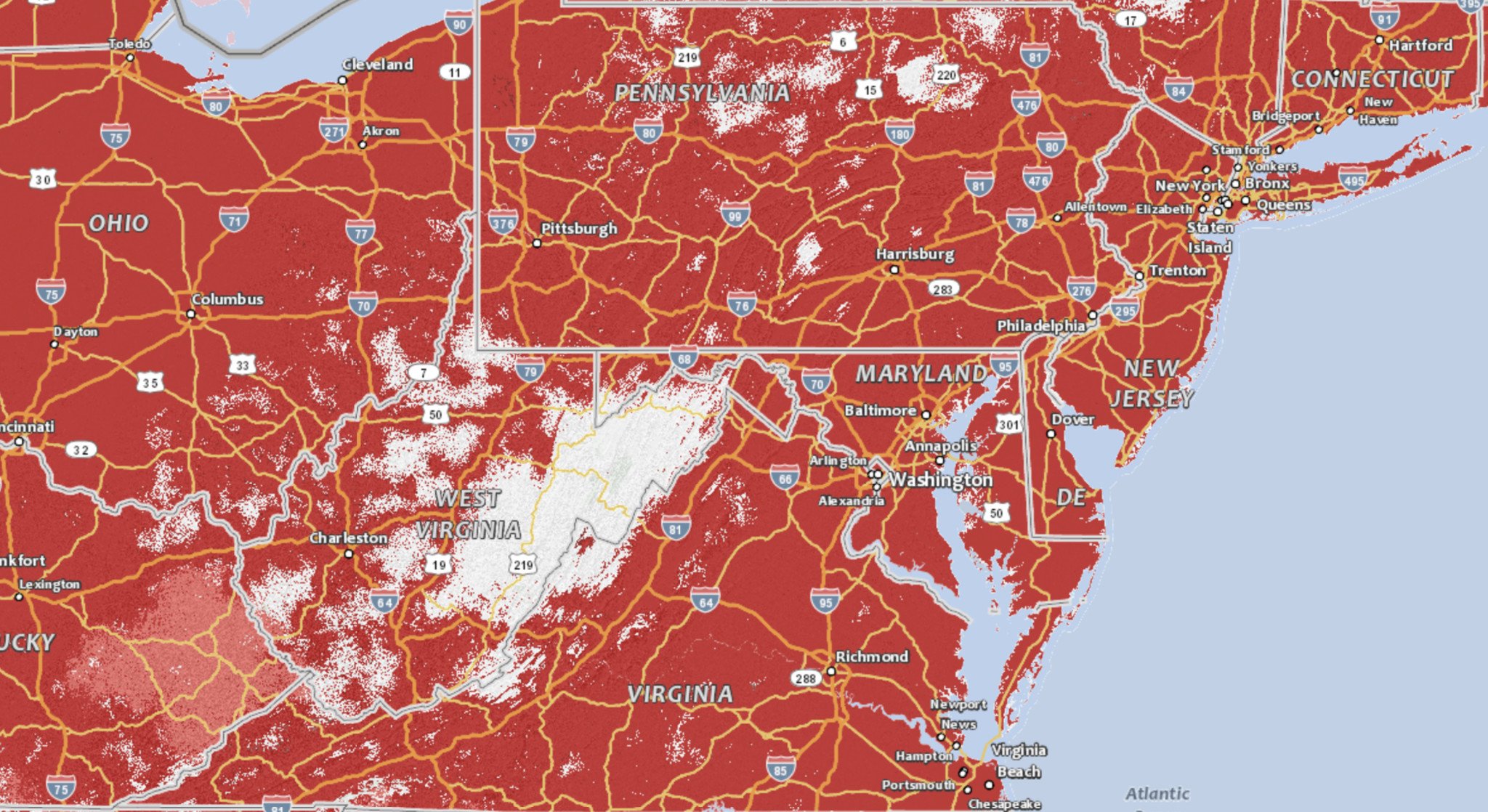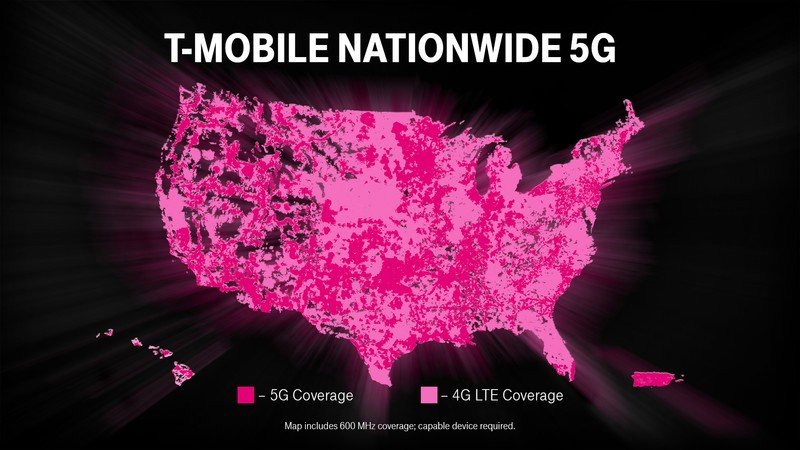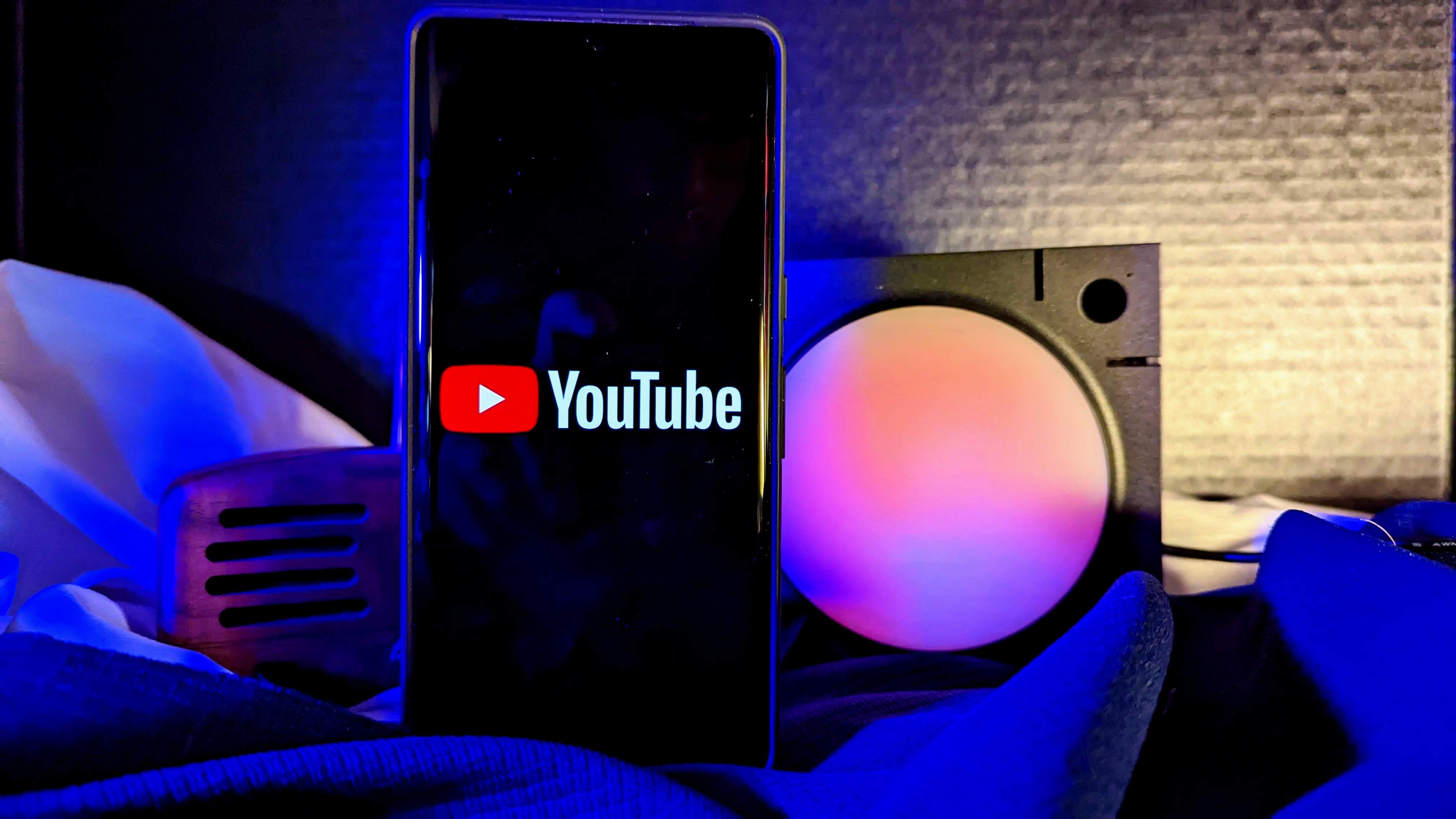Verizon and T-Mobile in trouble after FCC accuses them of lying about coverage maps

What you need to know
- The FCC was suspicious of coverage maps and conducted its own drive tests.
- Verizon, T-Mobile, and U.S. Cellular were all singled out for suspicion.
- The report recommends an Enforcement Advisory detailing consequences.
Wireless carriers are required to submit accurate coverage maps, and the keyword here is "accurate," to the FCC so that public funds can be properly allocated to support broadband access — especially in communities where coverage is sparse. The FCC recently realized that three mobile carriers — Verizon, T-Mobile, and U.S. Cellular — "overstated their coverage and thus were not accurate reflections of actual coverage." This comes according to a new report bumped on Twitter by Mike Dano, Editorial Director for Light Reading. By misrepresenting coverage on maps, the mobile carriers have used public dollars that should have been spent elsewhere.
Wow.
The FCC tested Verizon, T-Mobile and U.S. Cellular 4G LTE coverage in rural areas and found that THE CARRIERS WERE LYING ABOUT COVERAGE about 40% of the time. https://t.co/XqaU6r4Xpa
Takeaway: Cellular coverage maps are absolute shit. $VZ $TMUS $USMWow.
The FCC tested Verizon, T-Mobile and U.S. Cellular 4G LTE coverage in rural areas and found that THE CARRIERS WERE LYING ABOUT COVERAGE about 40% of the time. https://t.co/XqaU6r4Xpa
Takeaway: Cellular coverage maps are absolute shit. $VZ $TMUS $USM— Mike Dano (@mikeddano) December 4, 2019December 4, 2019
To confirm the problem existed, the FCC ran drive tests covering 10,000 miles of driving and almost 25,000 tests. The results were abysmal. Verizon and T-Mobile couldn't even offer the minimum download speeds in more than 35% of the tests run by the FCC. The smaller U.S. Cellular fared even worse, with more than half of the tests coming in under the minimum speed. Additionally, even though coverage maps claimed users would find 4G LTE service, in many instances the FCC found no such coverage. T-Mobile failed to provide promised LTE coverage more than one-fifth of the time, while Verizon did a bit better and U.S. Cellular a bit worse.

Imagine living in one of these locations. Your carrier assures you that coverage is good, just check the map. The carrier bills you for the faster service, when your data may be slower or nonexistent at times. Then, when the federal government decides to step in and help you out with better service, the carriers have provided maps that claim you don't need any help.
The FCC report recommends an Enforcement Advisory, which is sort of a warning with a list of consequences attached. It is not clear whether the carriers will be sanctioned for submitting inaccurate government documents, but the FCC also concludes that further investigation is required, and future testing protocols should rely on the government representatives, not mobile industry promises.
Get the latest news from Android Central, your trusted companion in the world of Android


